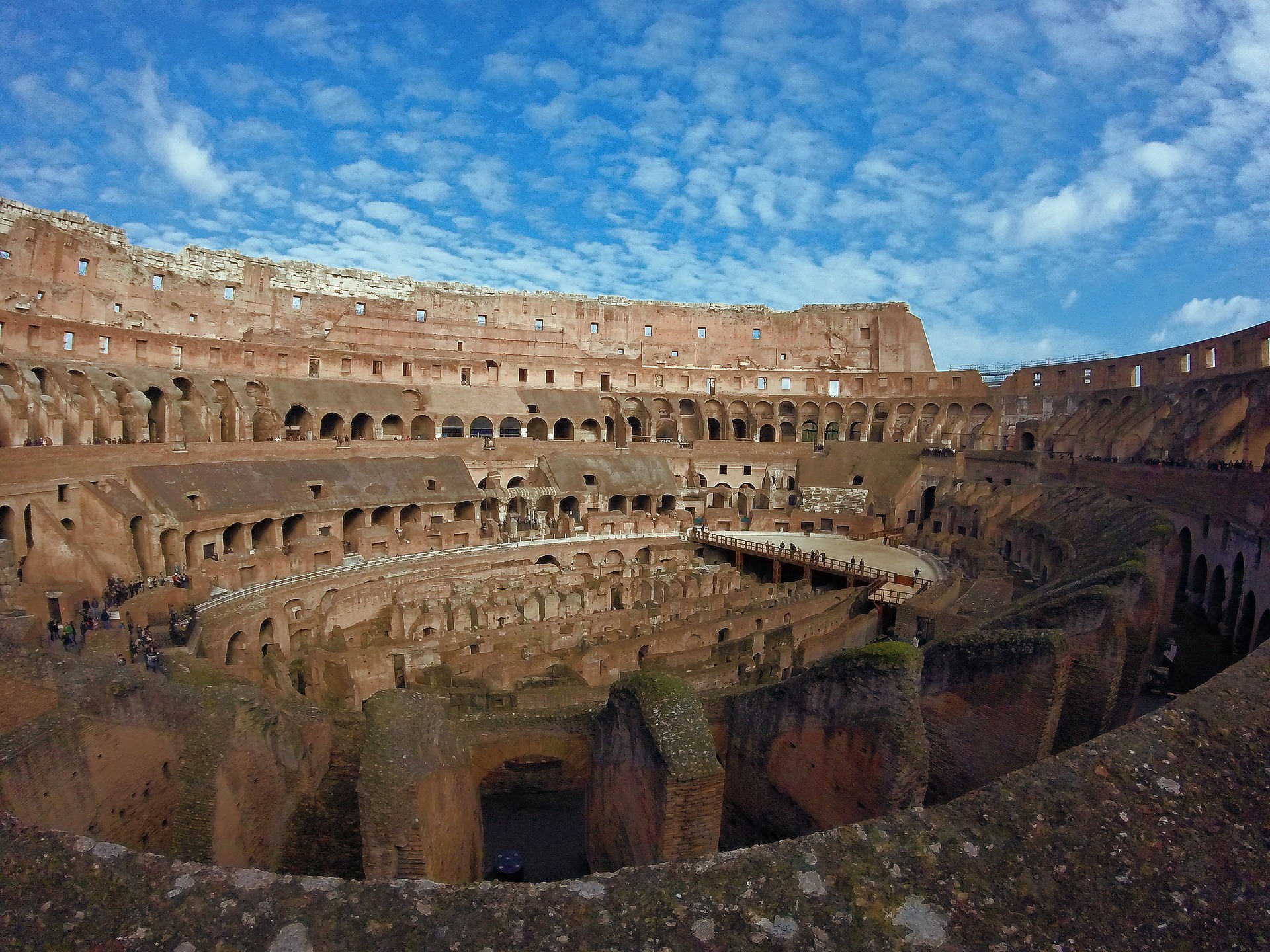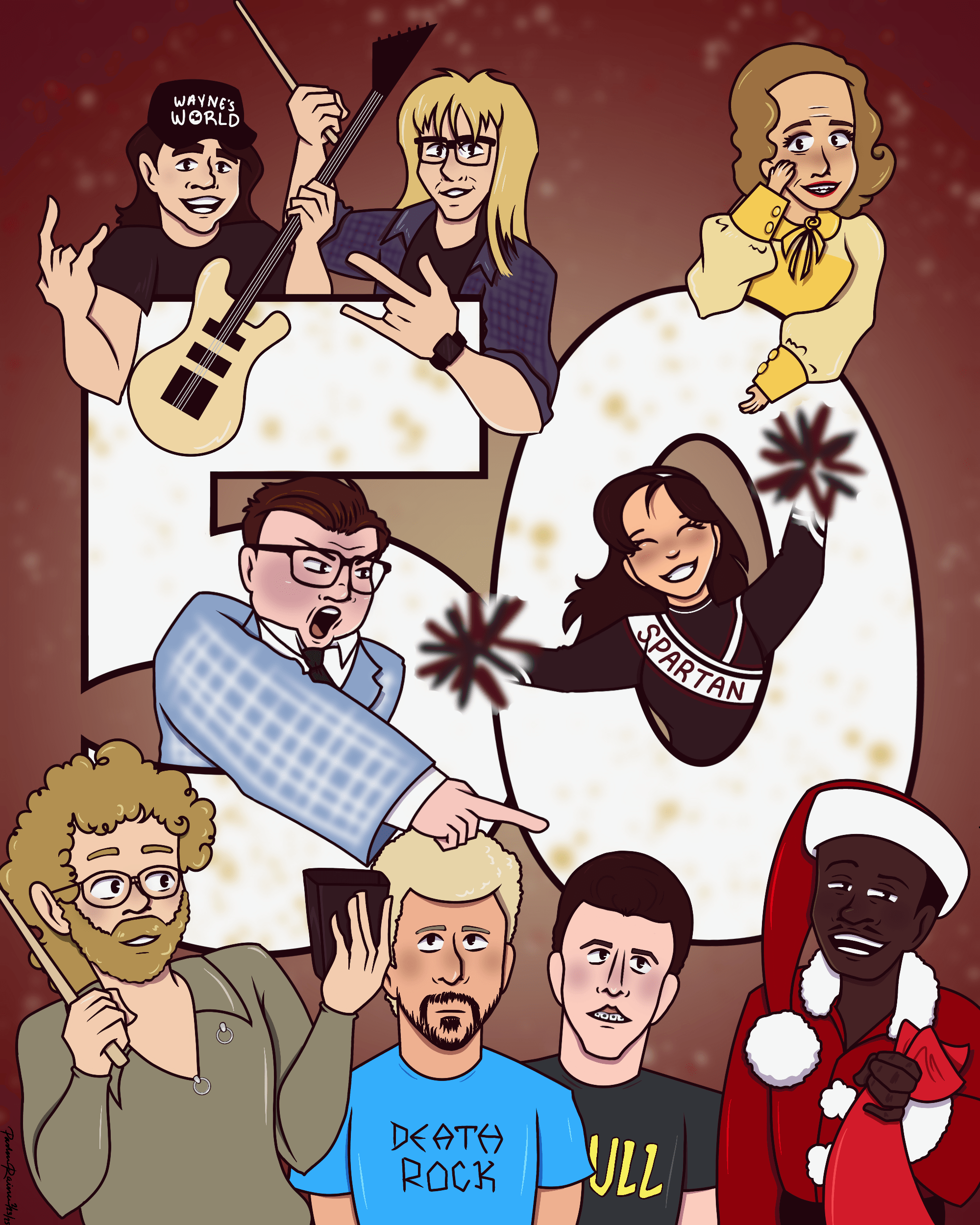Something we have all been forced to study since the mean, old lady in the eighth grade pointed a ruler at us was the Roman Empire. We read about Julius Caesar taking power from the First Triumvirate, Brutus leading the Senate in his assassination on the Ides of March in 44 B.C.E., the institution of the Second Triumvirate and the ultimate naming of a single empire with the rise of Octavian (Caesar Augustus).
Friends, that’s the part we all know, the downhill spiral that led to oblivion for the common man’s hopes and dreams. It’s the part where we watch glamorous film of Elizabeth Taylor and Richard Burton on a 1963 silver screen. It’s all old news and the usual script, but how did Rome fall that far? How did it get so bad as to lose sight of “the people’s matter?”
Reading the prefaces of those chapters in the history books provide a little more insight into the fall of the ancient republic. Since Rome is the most commonly cited, let’s continue using her as the example.
The rise of res publica, Latin for “the public business” or “the people’s matter,” came during the time of 509 to 287 B.C.E. There were a number of factors that led to its growth, popularity and success. While it took a while to forge, the Romans established assemblies of elected men, representing the social class distinctions of the time. Men were elected to a series of public offices, denoted by the phrase, “ladder of offices.” Most of them held one year terms in which different qualifications were required, like age, previous service or social class. At the crux of this development was the belief in fair law and social mobility. Because of these structures, through the gaining of power or wealth, men were able to become more than what they were born into. As their history moved forward, it was discovered that many Roman leaders were the descendants of slaves.
The point of this brief history lesson was to display the early Roman fear of a single monarch or dictator. The development of the Senate was to guard against tyrannical power by a single executive. Having delineated from a line of corrupt kings, Rome feared the advance of a single power, resulting in the diversified, representative model.
While this system worked better than any other system of self-government that the world had seen thus far, the Republic soon faced challenges that altered its standing in history forever. A variety of variables influenced its fall, some of which being a growing welfare state, a constant state of civil war and the eventual rise of a single, tyrannical power.
By the end of the imperial conquests of the third and second centuries B.C.E., a large amount of rural, agricultural land had been abandoned while the men had left to fight. Women and children were not enough man-power to keep up the work that the land warranted, resulting in men returning home to no home and no land to work.
The Republic became increasingly urbanized as those families flocked into the city walls of Rome, leaving their unworkable land up for grabs. The few social elite left in the city took control of those lands, using increased amounts of slave labor to produce exponential profits for only a few people. Their increased wealth allowed them to remain the favored patrons of the increasing poor community within the city. Demands for food subsidy by those crowds resulted in massive imports of food from other civilizations like Egypt. At first, a reduced price was given to the poor, but eventually the government of the city began giving it for free, only further enlarging the burden as more people flocked to the city.
The few social elite who served as beneficiaries to the new cause, did this to gain social and political favor. The amassing welfare state favored these men because of the good treatment they received.
This resulted in the growth of a smaller, but larger central power, taking control from common men, the Senate, the elected men. Power-hungry elite and comfort-hungry poor simply used each other for their own benefits, disregarding the idea of individual liberty. It was this idea from the elite: “If I feed them and entertain them, they’ll keep electing me. They’ll never realize that I own them.”
The rise of “reformers” like the Gracchus brothers sponsored further demise. With the ruse of representation of the continuously rioting poor, Tiberius and Gaius Gracchus used their own desires for personal advancement to harden the divide between the rich and the poor. Their reforms focused primarily on forcing the rich to make concessions to and subsidize the activities of the poor. These men were both consequentially assassinated by the Senate “to save the republic.”
Military men like Gaius Marius produced what are now known as “client armies.” The poor men were given weapons and food in return for their will to fight for this ruler. Their allegiance soon switched from the Republic to the men who gave them food.
Other power-hungry men used this new-found military power to pit conquered lands and people groups against each other and against Rome, resulting in massive states of civil war. This only further complicated the growing disunity, the growing welfare state, and the need for civil order: the perfect opening for a single dictator.
Resulting from these generations of hardship and conflict, a tyrant arose, not immediately, but sneakily. Julius Caesar soon declared himself as princip, or “first citizen,” and sole consul of Rome. By the time he was assassinated and both Triumvirates collapsed, the active nature of the Senate was gone. While they remained in title and in name, their actions no longer affected the annals of history. Becoming merely an advisory council, they only kept their place in society if they agreed with the opinions of Caesar.
Why do we go through the agony of this very simple history lesson? Because, as the old wise men say, “hindsight is 20/20.” We should listen to the mean, old lady with the ruler in our faces back in the eighth grade. History often repeats itself, and much of the Roman demise sounds familiar. Am I suggesting an overthrow of American government? No, I am not. But I am advocating an awakening among the American people. The “bread and circus” of the Roman Empire is not a new idea. Today, it’s just food stamps and the NFL.
“Keep people entertained and keep them fed, and we’ll always get their vote. They’ll let us stay in power, as long as we treat them nice.”
Friends, if you fall for that, it’s nothing more than Stockholm Syndrome of the social kind. We are provided a lesson of what not to do. Do not allow this single executive control, because when you do, you are no longer the citizen of a republic. You’re now the subject of an empire.
By Julie Williams, Copy Editor








